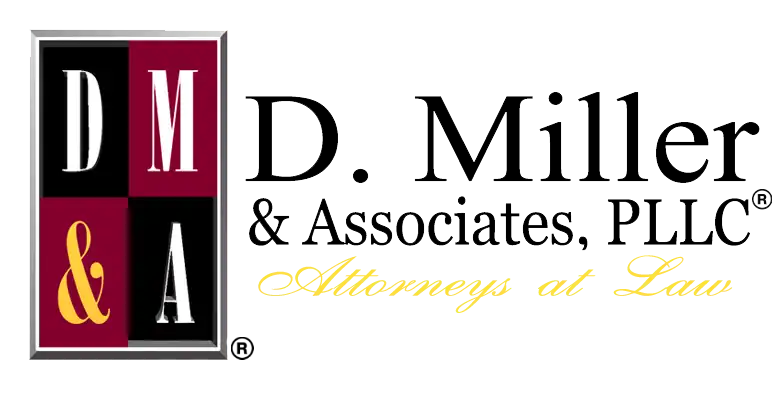Visitors come to NRG Stadium with the expectation of having a good time at a football game, a rodeo, a concert, or another event. The stadium’s owners have a legal obligation to take reasonable steps to limit the possibility of injuries to visitors. Unfortunately, stadium visitors still risk the possibility of an injury.
If you were injured at NRG Stadium, call D. Miller & Associates, PLLC, now for a free case evaluation. If you have a viable case, our attorneys can help you pursue an insurance claim to cover your medical bills, lost wages, pain and suffering, and other losses resulting from your injury. Contact us at 713-850-8600 today to see how we can assist you in recovering compensation for your damages.
Establishing Liability for Your Injury Claim
We start with identifying the party that owns the premises where your injury occurred and determining which Texas laws apply in your case. Harris County Sports & Convention Corporation (HCSCC), a component of Harris County, operates NRG Stadium. Harris County is a government agency, and NRG Park is on county-owned property. This means the Texas Tort Claims Act and the state’s premises liability laws may apply in your case.
Premises Liability Laws in Texas
In Texas, all property owners must maintain a safe environment for their visitors at all times. This means doing work such as repairing defective seats, fixing loose railings, replacing malfunctioning equipment, cleaning up slippery bathroom floors, and posting signs to make visitors aware of any hazards. The owner’s failure to take these and other safety measures may result in serious harm to stadium visitors. In many cases, you can hold a property owner or manager responsible if they failed to protect you from a hazard on their premises.
For instance, if you sliped and fell in a spill at the stadium and suffered a head injury, the property owner may be responsible for your damages.
Texas has strict rules, requirements, and deadlines for claimants pursuing personal injury claims against local governments. Our attorneys can help you understand these complicated laws and the limited amount of time we have to file an insurance claim on your behalf.
Limited Time to Serve Notice on a Government Agency
The Texas statute of limitations gives you two years from the date of an accident to file a personal injury lawsuit against an individual or business. However, the rules are different when the at-fault party is a government agency.
The Texas Tort Claims Act requires you to notify a government unit of your intentions to file a claim no later than six months after the date of your accident. Some local governments give you a much shorter time than the Texas Tort Claims Act to send a notice of claim. For instance, Harris County only gives you 90 days to serve notice.
This means we have a very limited amount of time to send HCSCC a written notice about your intention to file a claim over your injury. To meet these tight deadlines and notification requirements, contact us as soon as possible to discuss your NRG Stadium accident.
What to Include in the Claim Notice
The Texas Tort Claims Act requires the notice of claim to provide sufficient details and description of the following:
- Your injuries or damages;
- The time and place of your injury; and
- How your injury happened.
Our firm can provide this information in the notice of claim after speaking with you about the details of your injury at NRG Stadium.
Proving Your Injury Case
Our case must prove negligence and causation before we can recover compensation for you. To do this, we will collect evidence to build a strong claim. Our evidence may include:
- Your accident report from the stadium;
- Your medical records detailing the type of injury you sustained;
- Your doctor’s statement about the extent of your injury;
- Statements from eyewitnesses to your accident;
- Photographs of your accident; and
- Surveillance camera video of the area where the accident occurred, if available.
We use this evidence to show that the stadium owner:
- Owed you a duty to maintain safe premises;
- Knew or should have reasonably known about the hazard on the premises;
- Neglected to repair the hazard and failed to warn you about the problem and, as a result, you suffered injuries; and
- Caused you to suffer actual damages.
Filing and Negotiating Your Claim
We will file an insurance claim on your behalf with the HCSCC’s insurance company. If we find a private, non-governmental company contributed to causing your injuries, we can gather evidence to show negligence and also file a claim with that company’s insurer.
Our firm has personal injury lawyers skilled in negotiating insurance claims. We will negotiate a fair settlement on your behalf so you can recover compensation for such expenses as:
- Medical bills;
- Loss of income;
- Loss of earning capacity;
- Pain and suffering; and
- Mental anguish.
If the insurance company denies your claim, only wants to offer a low payout, or drags out negotiations, we may decide to file a personal injury lawsuit and pursue your claim in court to get you the compensation you deserve.
The Amount of Compensation You Can Recover
The Texas Tort Claims Act limits the amount of compensation a government unit must pay claimants. For instance, if found liable of negligence, Harris County and other local governments pay a maximum amount of:
- $100,000 per person;
- $300,000 for each bodily injury or death in the accident; and
- $100,000 for destruction of property.
Private companies do not have the same payout limitations as governments. If a private party is also liable for your injury, we can file a claim and negotiate a settlement with the private company’s insurer.
Get a Free Case Evaluation From D. Miller & Associates, PLLC
At D. Miller & Associates, PLLC, we put our resources to work so you can focus on recovering from your injury. If you suffered injuries at NRG Stadium, call us at 713-850-8600 to schedule a meeting with one of our attorneys.
We handle cases on a contingency basis. You do not have to pay us unless we collect compensation on your behalf.

